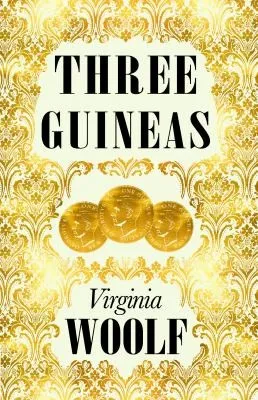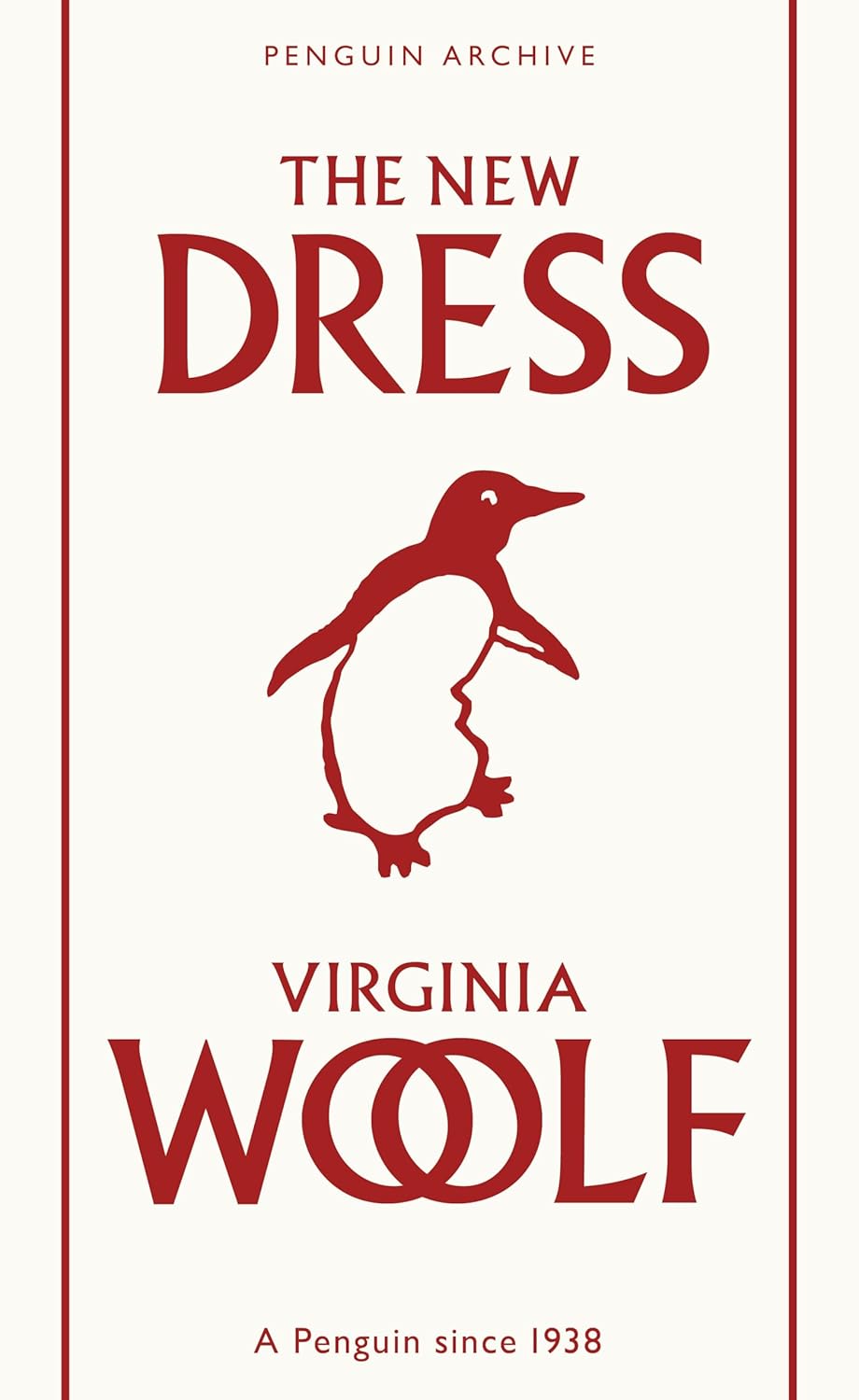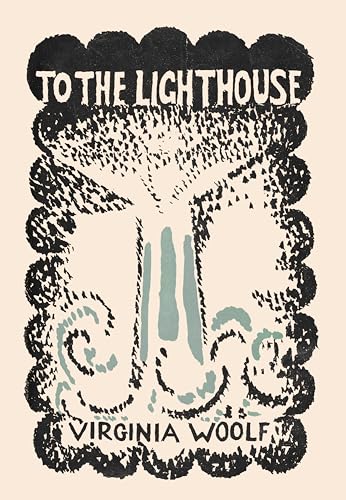In 1928 Virginia Woolf gave two speeches at Newnham and Girton Colleges on the subject of 'Women and Fiction' - speeches which went on to become A Room of One's Own, one of the most important feminist texts of all time. Following the success of its publication, Woolf began to craft a follow-up novel-essay with which she intended to tie up the 'loose ends' left by her earlier work. The structure and shape of this follow-up title continued to evolve, however, and it was nearly a decade before Three Guineas appeared in print. Written in response to three letters - an educated gentleman's letter asking for her help in his efforts to prevent war, a letter asking for funds to rebuild a women's college and a letter asking for support for a charity aiding women in finding work - Woolf's three guineas on war, education and work are a level-headed and compassionate voice of reason in a storm of anger and repression. 'An eloquent and impish attack on patriarchal structures.' (Jill Liddington)
Virginia Woolf
Virginia Woolf was a prominent English writer and modernist literary figure. Known for her stream-of-consciousness writing style, she challenged traditional narrative structures and explored themes of gender, class, and mental health in her works. Some of her most notable works include "Mrs. Dalloway," "To the Lighthouse," and "Orlando." Woolf's contributions to literature include her innovative approach to character development and narrative technique, as well as her exploration of the inner lives of her characters. Her most famous work, "Mrs. Dalloway," is considered a masterpiece of modernist literature and a reflection of Woolf's unique literary voice. Woolf's impact on the literary genre is undeniable, as she paved the way for future generations of writers to experiment with form and style in their own works.




